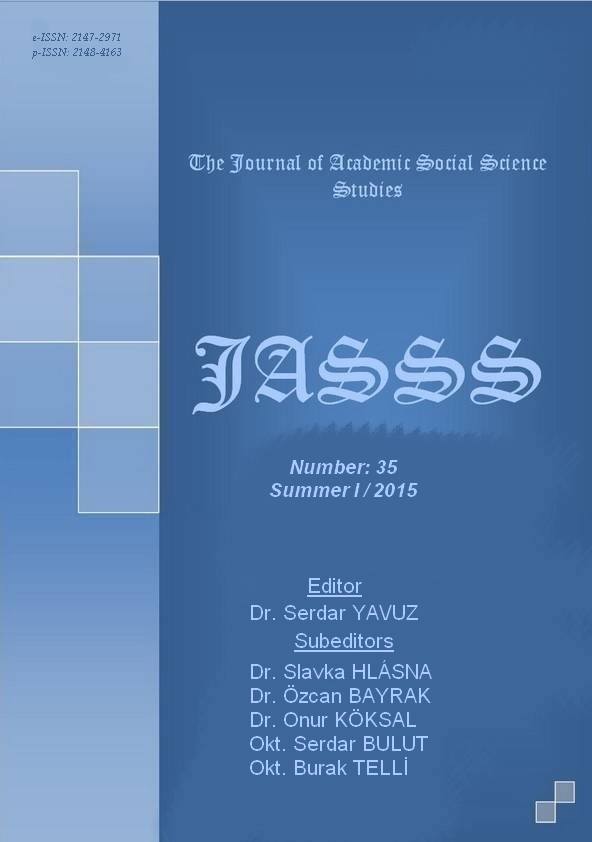Author :
Abstract
İstanbul Boğazı, Marmara Denizi ve Çanakkale Boğazı’nı kapsayan Boğazlar, stratejik konumuyla kıtalar arası geçişi sağlayarak tarih boyunca kıtalar arası coğrafi sınırların kesişme noktası olduğu gibi, devletlerin çıkarlarının çarpışma noktası olarak da güç dengelerini yüzyıllar boyu etkilemiştir. Kıtalar arası bir merkez olarak Asya ile Avrupa’yı coğrafi olarak birbirine bağlayan, uygarlıkları birleştiren jeopolitik ve jeokültürel bir köprü niteliğiyle dünyanın en önemli deniz yollarından biri olan Boğazlar, jeopolitik ve jeostratejik açılardan tarih boyunca önemini ve değerini daima korumuştur. Bu önem ve değerden dolayı Boğazlar, bölgeye egemen olmak isteyen tüm güçlü devletlerin en önemli hedefi iken, onu elinde tutan devletin/devletlerin ise en önemli politika aracı olmuştur. Değişen siyasal, ekonomik ve askeri konjonktürel dengeler açısından ele alındığında, Boğazlar’ın coğrafi mukadderatın değişmezliği prensibine bağlı olarak önemini muhafaza etmesi, onu dünya politikasındaki dengelerin belirlenmesi, sürdürülmesi ve değiştirilmesi noktasında da belirleyici yapmaktadır. Bu çalışmada, tarihsel arka plan dahilinde Boğazlar’ın jeopolitik ve jeostratejik açılardan değerlendirmesi yapılarak, Boğazlar’ın bugününe ve geleceğine ilişkin bir perspektif oluşturulmaya çalışılmıştır.
Keywords
Abstract
Straits, which consist of Istanbul Strait, Marmara Sea and Canakkale Strait, have been the intersection point of the geographical borders between continents, providing the intercontinental passage; and also affected the balance of power with its strategic position for centuries. Straits are one of the most important sea routes in the world, which connect Asia and Europe to each other as an intercontinental center and as a geopolitical and geocultural bridge which unites the civilizations, have always protected their geopolitical and geostrategic importance and value throughout history. Because of this importance and value, Straits have always been the target of the powerful states which wanted to dominate the region; also the most important policy tool for the state/states which held them. When we consider the changing political, economic and military conjunctures, the preservation of Straits’ importance due to the uniformity of geographic fatality; makes the Straits an important determinant in defining, identifying, sustaining and changing the balance in world politics. This study will conduct geopolitical and geostrategic analysis of the Straits within a historical background, and try to build a perspective about the recent situation and future of Straits.





